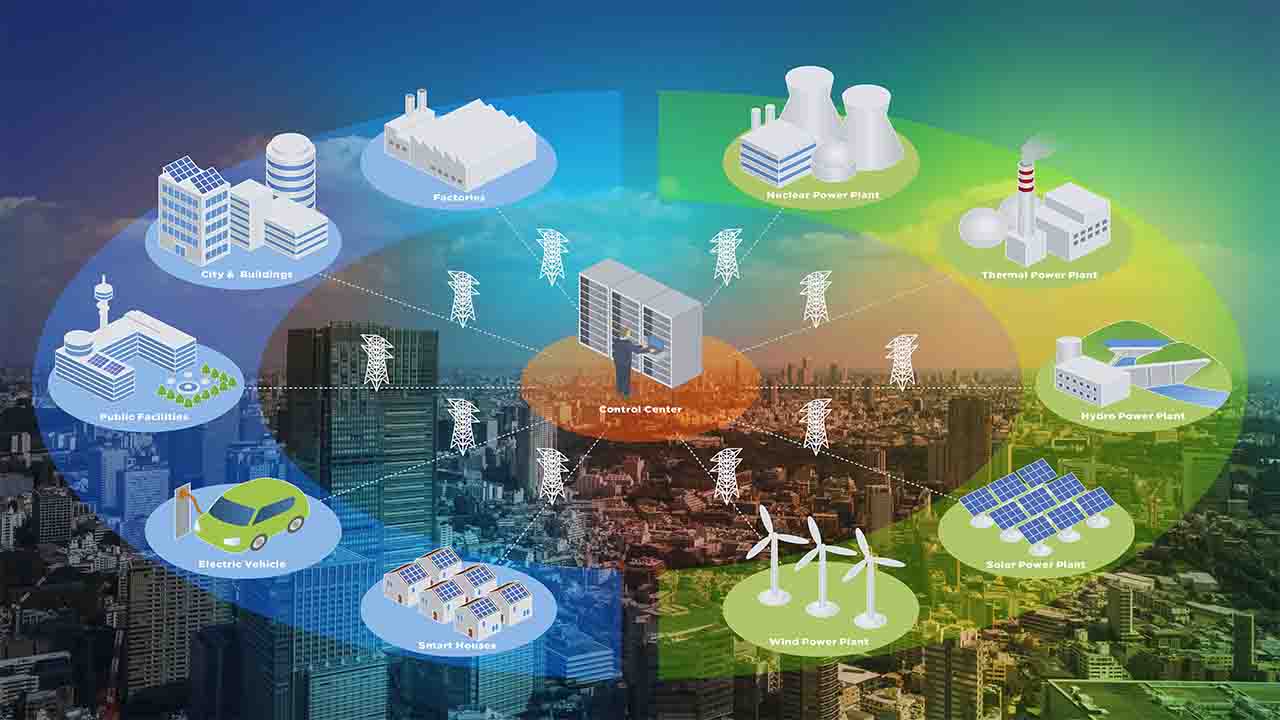Climate change presents a range of impacts that directly affect cities and infrastructure. Rising temperatures intensify heat waves, leading to increased energy demands and health risks. Extreme weather events such as hurricanes, storms, and heavy rainfall cause flooding, damage to buildings, and disruptions in transportation systems. Sea-level rise poses a significant threat to coastal cities, leading to erosion, inundation, and salinization of freshwater sources. These impacts necessitate proactive measures to build resilience and adapt to the changing climate.
Infrastructure Resilience: Enhancing the resilience of critical infrastructure, including transportation networks, energy systems, and water supply, is essential. This involves retrofitting existing infrastructure, adopting nature-based solutions such as green roofs and permeable pavements, and incorporating climate projections into infrastructure planning.
Urban Planning and Design: Climate-resilient cities require thoughtful urban planning and design. This includes creating green spaces and urban forests to mitigate the urban heat island effect, implementing flood-resistant building codes, and adopting compact and walkable city designs to reduce dependency on vehicles.
Water Management: Developing robust water management systems is crucial to address both flooding and water scarcity. This involves implementing stormwater management techniques, such as rainwater harvesting and decentralized storage systems, as well as exploring innovative approaches like water recycling and desalination.
Ecosystem Restoration: Protecting and restoring natural ecosystems, such as wetlands and mangroves, can act as natural buffers against climate impacts. These ecosystems offer flood control, carbon sequestration, and biodiversity benefits, enhancing the overall resilience of cities.
Social and Community Resilience: Engaging communities and promoting social cohesion is integral to building resilience. This includes raising awareness about climate change risks, ensuring equitable access to resources and services, and involving local communities in decision-making processes.
Technological advancements play a vital role in enhancing resilience. Smart sensors and monitoring systems provide real-time data on weather patterns, water levels, and infrastructure performance, enabling early warning systems and effective emergency response. Geographic Information Systems (GIS) help in mapping vulnerable areas, identifying high-risk zones, and optimizing resource allocation. Additionally, innovative solutions like green infrastructure, renewable energy, and energy-efficient technologies contribute to climate mitigation and resilience.
Building resilience requires active participation and collaboration among various stakeholders, including government bodies, urban planners, community organizations, and private sectors. Engaging with local communities, understanding their needs and concerns, and involving them in decision-making processes fosters a sense of ownership and empowers communities to contribute to resilience-building efforts. Public-private partnerships facilitate resource mobilization, knowledge exchange, and implementation of innovative solutions.
Adapting to the impacts of climate change on cities and infrastructure is an urgent and complex task. Building resilience is vital to minimize risks, protect lives and livelihoods, and ensure the long-term sustainability of urban areas. By implementing strategies such as infrastructure resilience, urban planning, water management, ecosystem restoration, and community engagement, cities can navigate the challenges posed by climate change and create more resilient and livable environments. Embracing technological advancements and fostering collaboration among stakeholders will be key in building climate-resilient cities that can thrive in the face of a changing climate.








